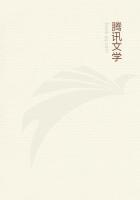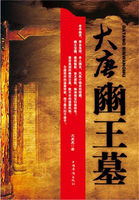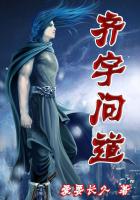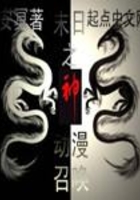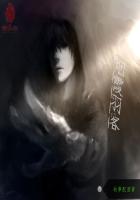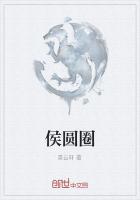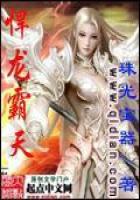It is clear also how one must meet those fallacies that depend on the identical expressions of things that are not identical, seeing that we are in possession of the kinds of predications.For the one man, say, has granted, when asked, that a term denoting a substance does not belong as an attribute, while the other has shown that some attribute belongs which is in the Category of Relation or of Quantity, but is usually thought to denote a substance because of its expression; e.g.in the following argument: 'Is it possible to be doing and to have done the same thing at the same time?' 'No.' 'But, you see, it is surely possible to be seeing and to have seen the same thing at the same time, and in the same aspect.' Again, 'Is any mode of passivity a mode of activity?' 'No.' 'Then "he is cut", "he is burnt", "he is struck by some sensible object" are alike in expression and all denote some form of passivity, while again "to say", "to run", "to see" are like one like one another in expression: but, you see, "to see" is surely a form of being struck by a sensible object;therefore it is at the same time a form of passivity and of activity.'
Suppose, however, that in that case any one, after granting that it is not possible to do and to have done the same thing in the same time, were to say that it is possible to see and to have seen it, still he has not yet been refuted, suppose him to say that 'to see' is not a form of 'doing' (activity) but of 'passivity': for this question is required as well, though he is supposed by the listener to have already granted it, when he granted that 'to cut' is a form of present, and 'to have cut' a form of past, activity, and so on with the other things that have a like expression.For the listener adds the rest by himself, thinking the meaning to be alike: whereas really the meaning is not alike, though it appears to be so because of the expression.The same thing happens here as happens in cases of ambiguity: for in dealing with ambiguous expressions the tyro in argument supposes the sophist to have negated the fact which he (the tyro) affirmed, and not merely the name: whereas there still wants the question whether in using the ambiguous term he had a single meaning in view: for if he grants that that was so, the refutation will be effected.
Like the above are also the following arguments.It is asked if a man has lost what he once had and afterwards has not: for a man will no longer have ten dice even though he has only lost one die.No:
rather it is that he has lost what he had before and has not now;but there is no necessity for him to have lost as much or as many things as he has not now.So then, he asks the questions as to what he has, and draws the conclusion as to the whole number that he has:
for ten is a number.If then he had asked to begin with, whether a man no longer having the number of things he once had has lost the whole number, no one would have granted it, but would have said 'Either the whole number or one of them'.Also there is the argument that 'a man may give what he has not got': for he has not got only one die.
No: rather it is that he has given not what he had not got, but in a manner in which he had not got it, viz.just the one.For the word 'only' does not signify a particular substance or quality or number, but a manner relation, e.g.that it is not coupled with any other.
It is therefore just as if he had asked 'Could a man give what he has not got?' and, on being given the answer 'No', were to ask if a man could give a thing quickly when he had not got it quickly, and, on this being granted, were to conclude that 'a man could give what he had not got'.It is quite evident that he has not proved his point:
for to 'give quickly' is not to give a thing, but to give in a certain manner; and a man could certainly give a thing in a manner in which he has not got it, e.g.he might have got it with pleasure and give it with pain.

